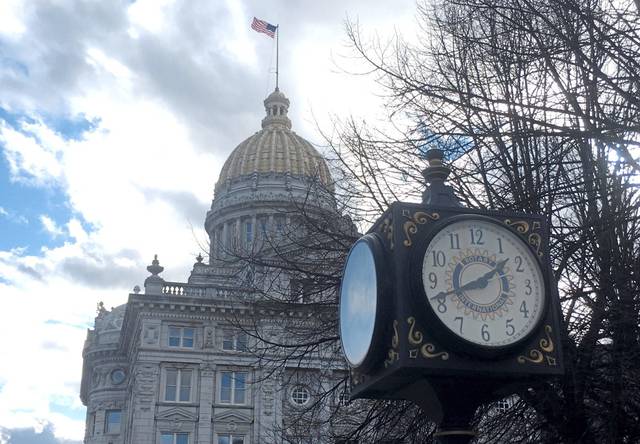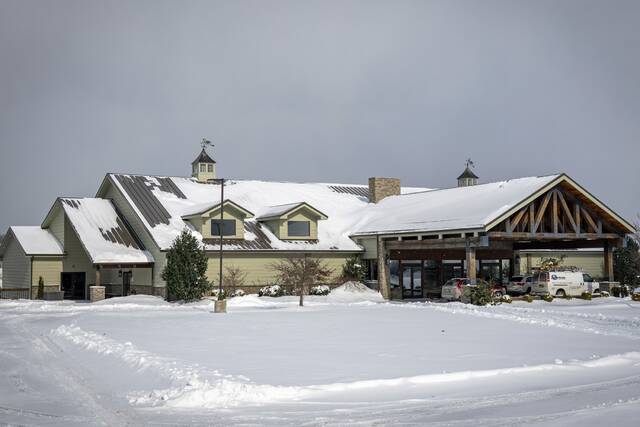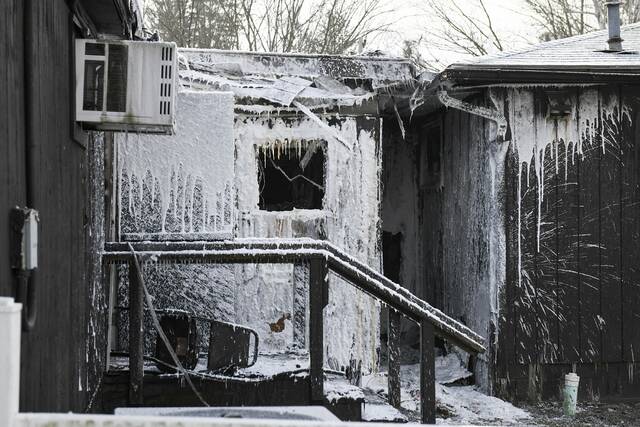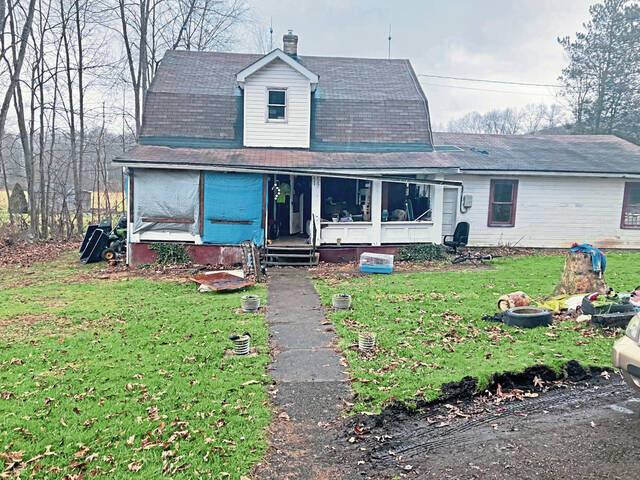Westmoreland County’s first property tax increase in 15 years will stand after commissioners on Wednesday said they will not make changes to the 2020 budget.
Newly seated Republican commissioners Sean Kertes and Doug Chew said a comprehensive review of the county’s $341 million budget adopted last month by the previous board found no clear path to reduce spending without cutting services or laying off employees. As a result, both said they have reversed course and won’t reopen the budget.
“Over the last three to four weeks, we looked at it and saw it was not something we could accomplish over this short time,” Chew said. “Ultimately, every path I looked at, I could not see a way we could rescind the tax increase.”
The budget, passed in December, increased property taxes by 2.4% and is expected to generate nearly $2 million in additional revenue this year. It is the county’s first tax hike since 2005.
That additional revenue was needed to balance the budget, which was passed with expenses outpacing revenues by $5.5 million. Commissioners expect to use all but about $267,000 in the county’s surplus account this year to pay the bills.
With such a small safety net in place, the Republican commissioners initially said they wanted to reopen the budget to make potential spending cuts to beef up the surplus and possibly rescind the tax hike.
A tight time frame dictated by state law prevented a longer budget review, officials said. Newly seated boards of commissioners in Pennsylvania have until Feb. 15 to reopen, propose and approve a new budget, a process that requires several weeks to complete.
Chew said he explored all options, including layoffs, but eventually decided any savings from staff reductions would not result in tangible savings.
Before he took office in January, Kertes served as the chief of staff to now-retired Commissioner Charles Anderson, and in that role he closely monitored budget talks at the end of last year. He said he was open to changes but concurred with Chew’s assessment that cuts were not possible.
“Now we have to move forward to find more ways to bring more revenue into the county,” Kertes said.
While one option to raise additional revenue is future tax increases, the board also could sell assets or wait for a potential multimillion-dollar settlement of a pending lawsuit filed against drug manufacturers and distributors the county claims is responsible for the opioid abuse epidemic, Kertes said. Talks to resolve the lawsuit are ongoing.
Democrat Gina Cerilli, the lone holdover from the previous board, voted to adopt the budget in December. On Wednesday, she said she would have supported the effort to reopen the spending plan but did not support service cuts to save money.
“Commissioners Chew and Kertes pledged to reverse the tax increase before they took office. However, over the past three weeks, they realized that their comments are not realistic. My hope is that the three of us can work together and come up with options and solutions so that we are not in the same position next year,” Cerilli said.
Chew said that despite the county’s nearly depleted surplus, he’s confident there is enough money in the bank to ensure the level of services remains intact through 2020 and that all bills will be paid.
“My goal over the next four years is to look for as many places as possible to find those savings. It’s going to take a couple of years to reverse the irresponsibility of the previous board,” Chew said.








